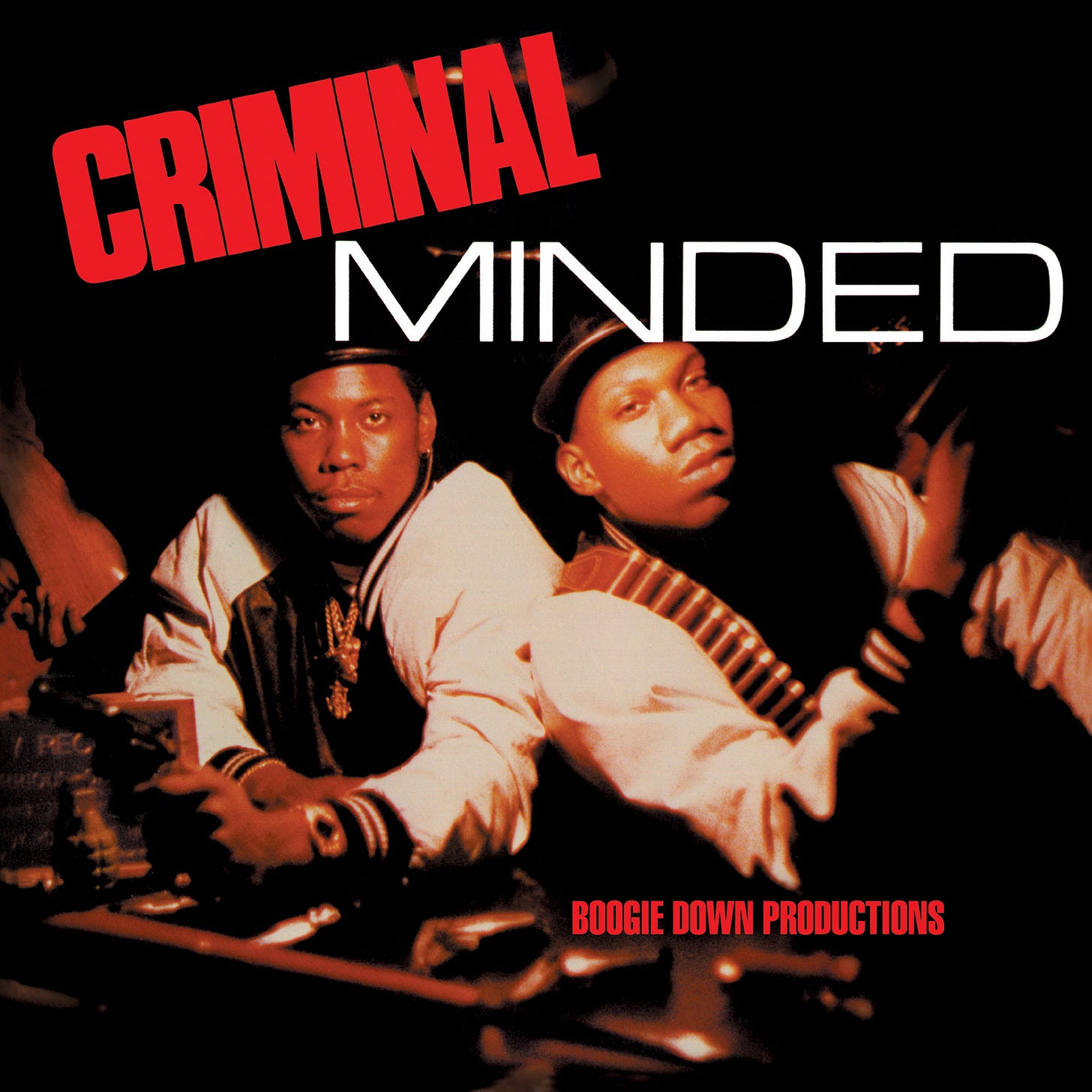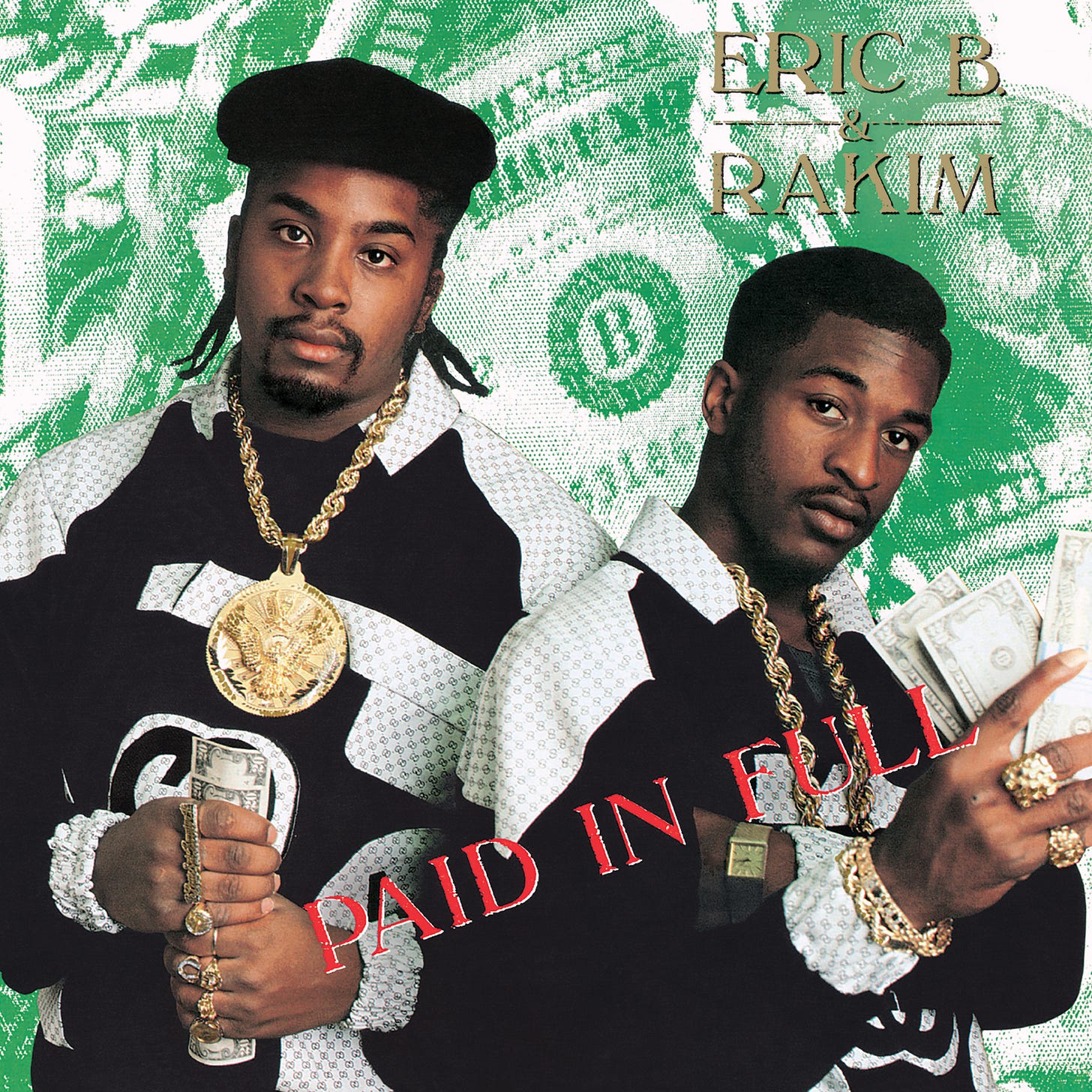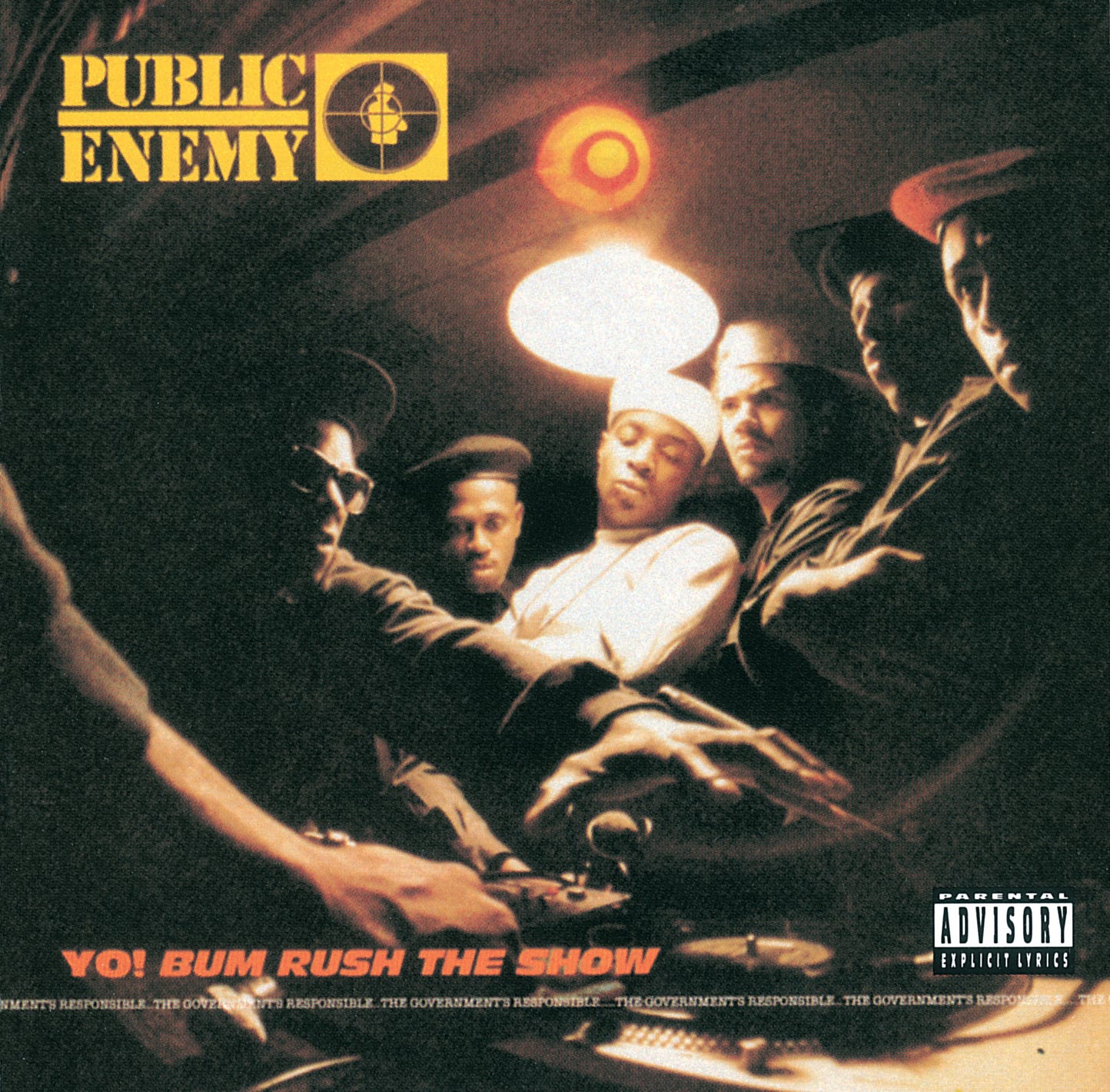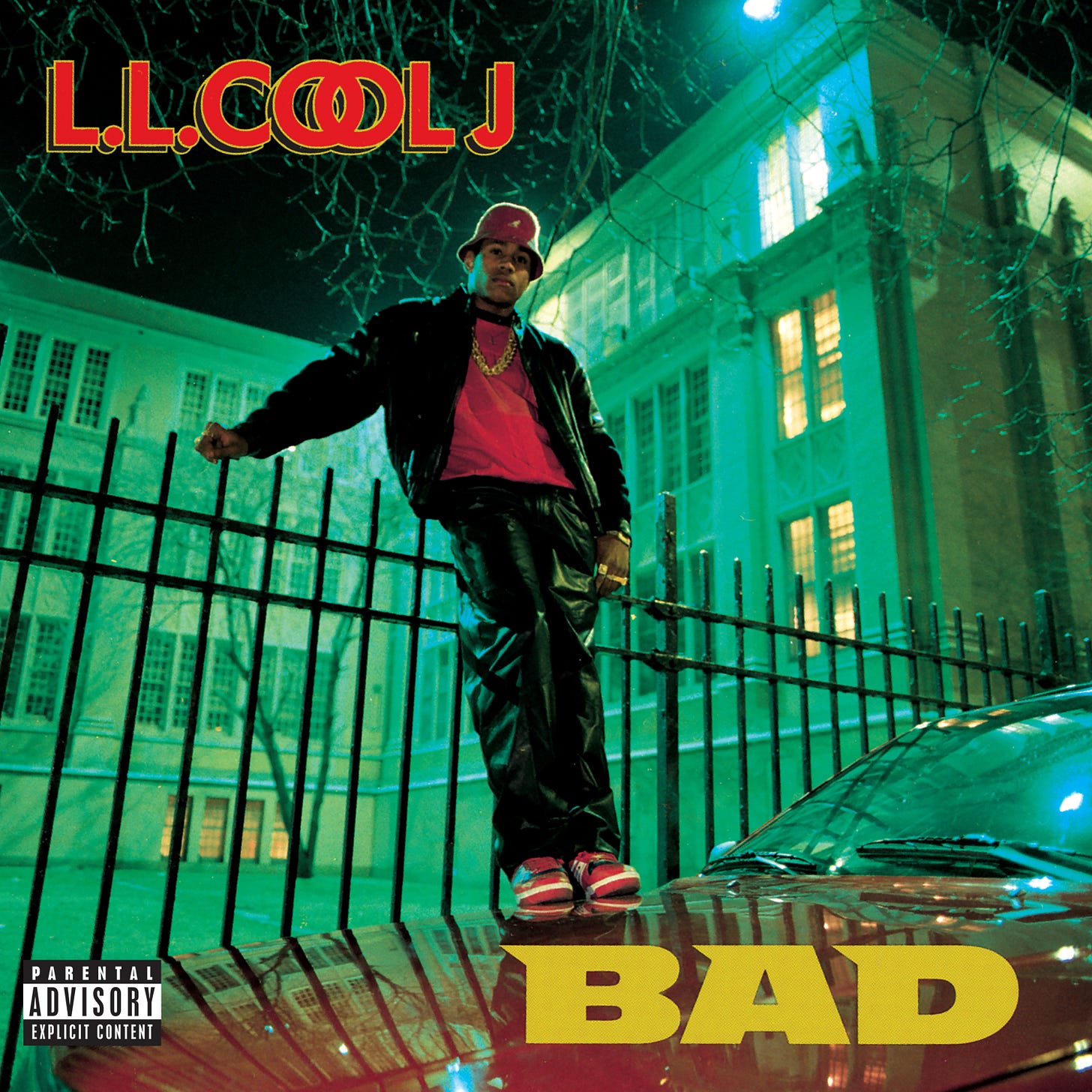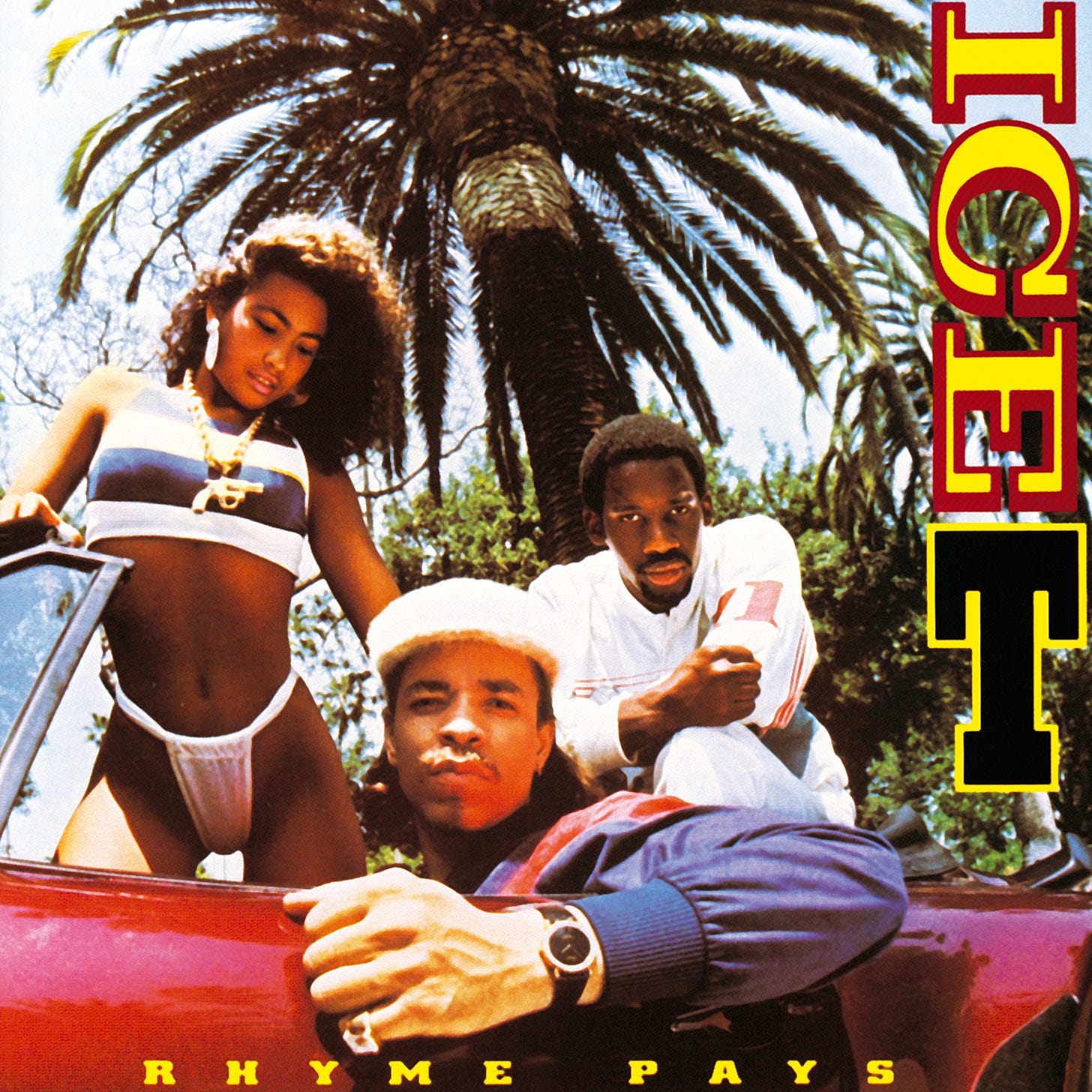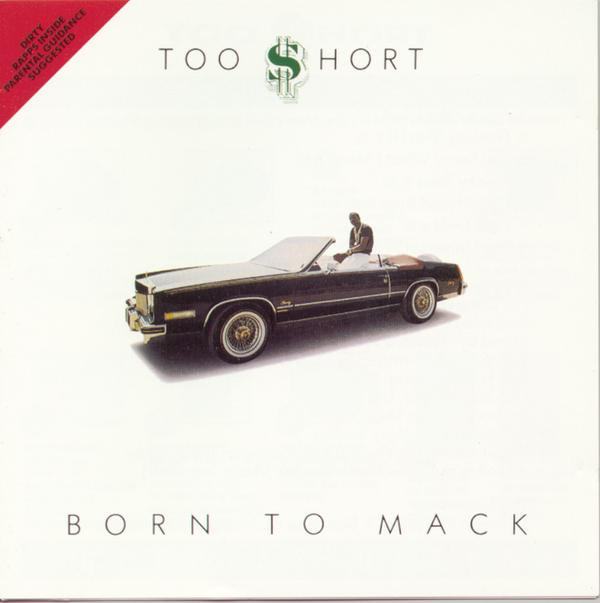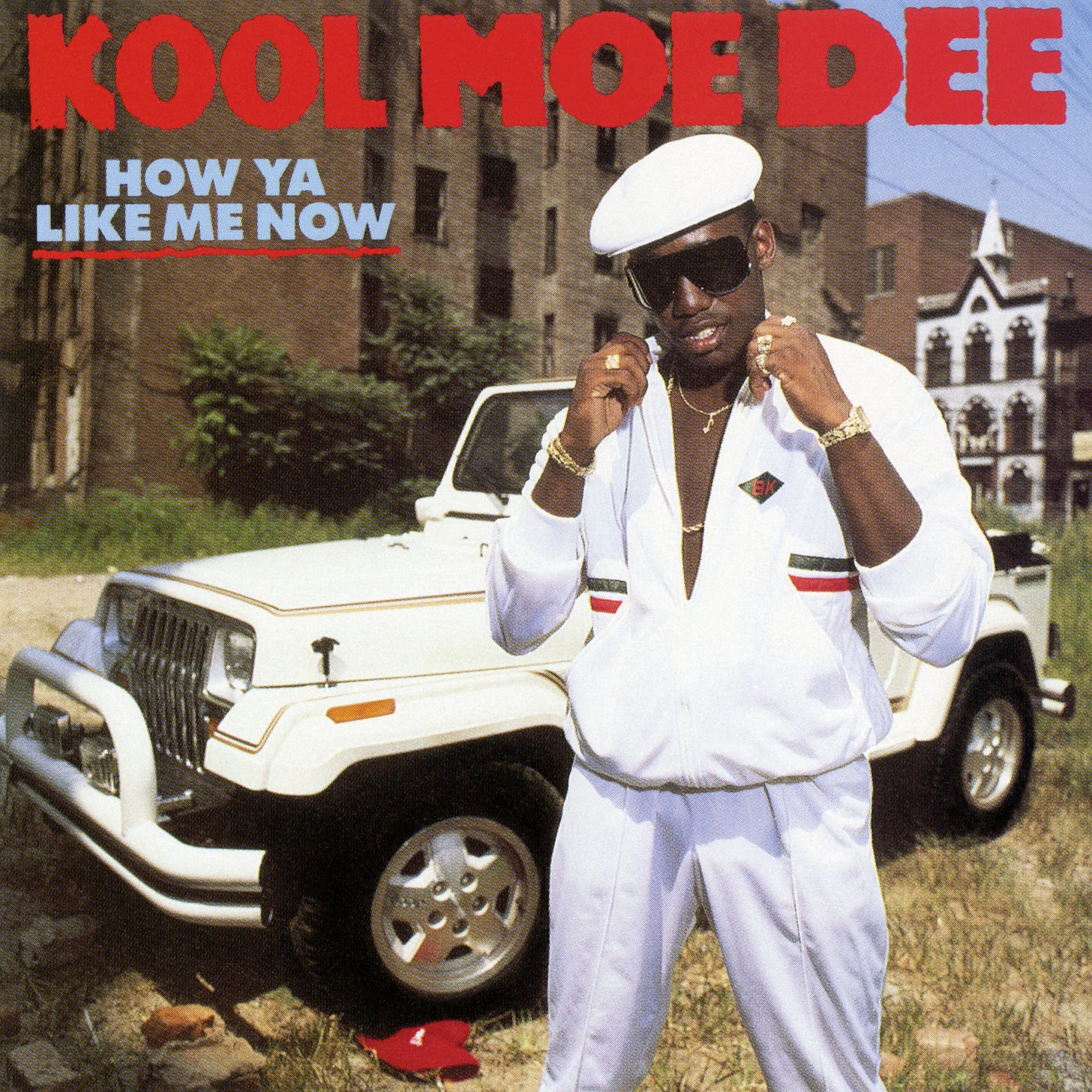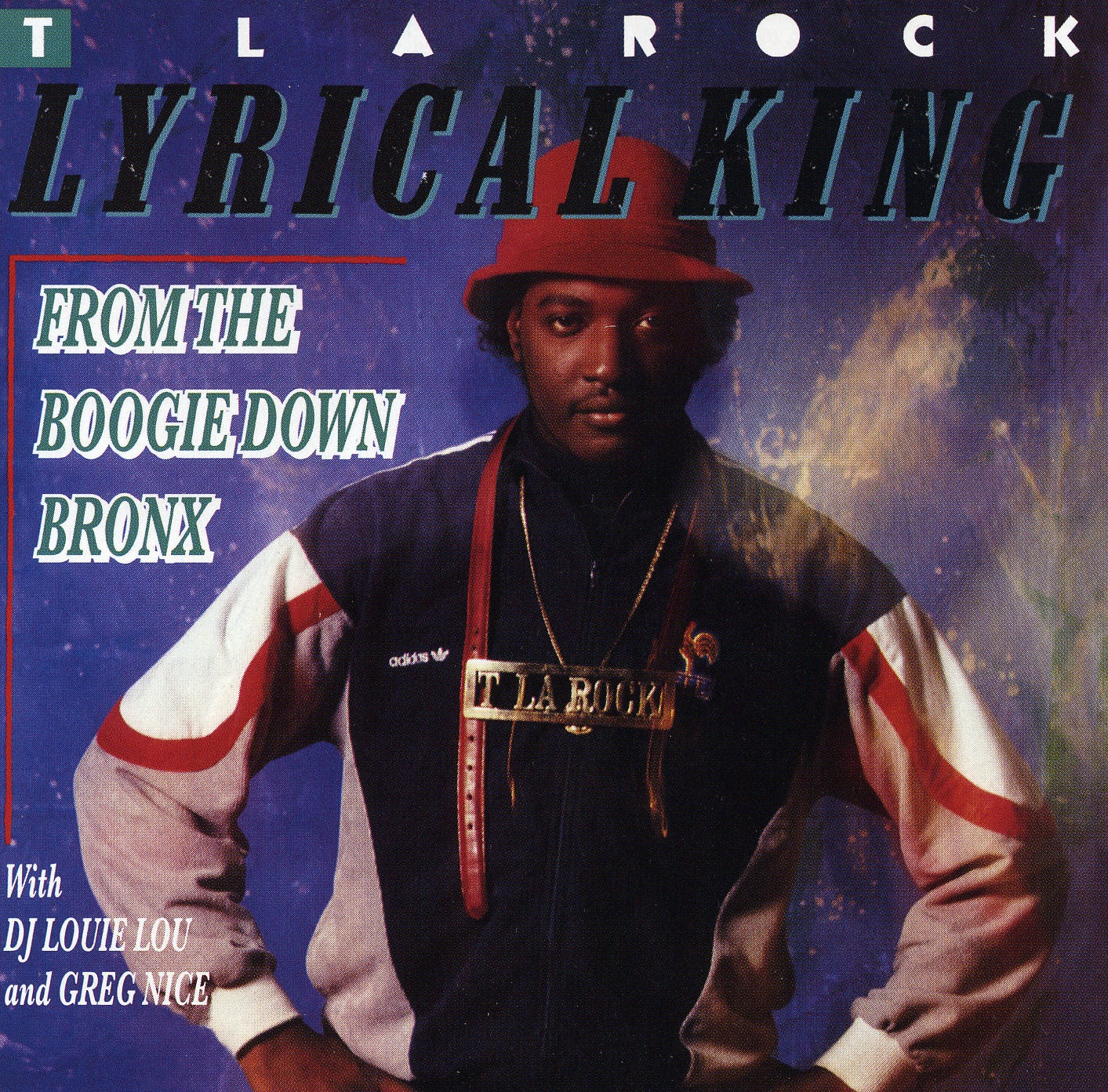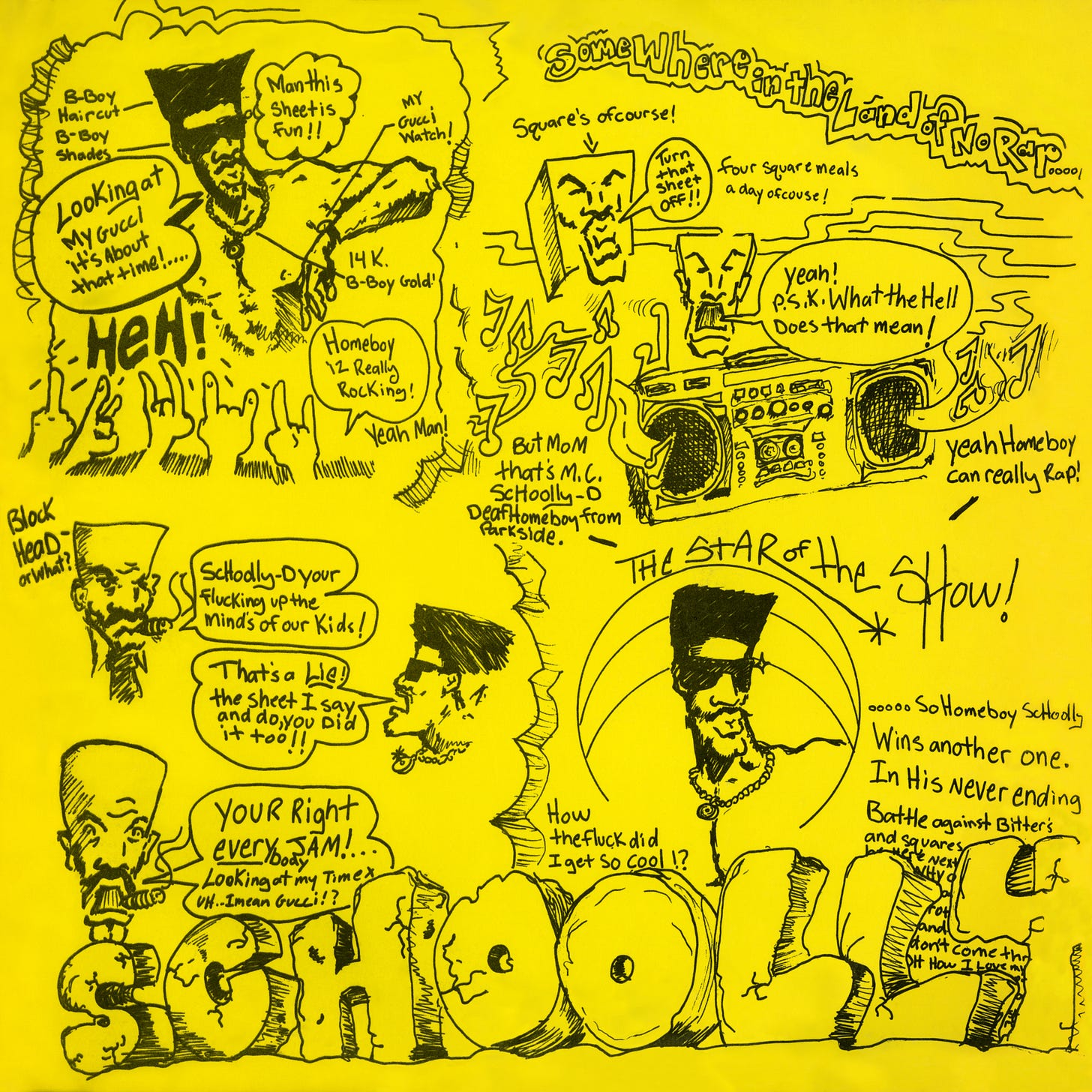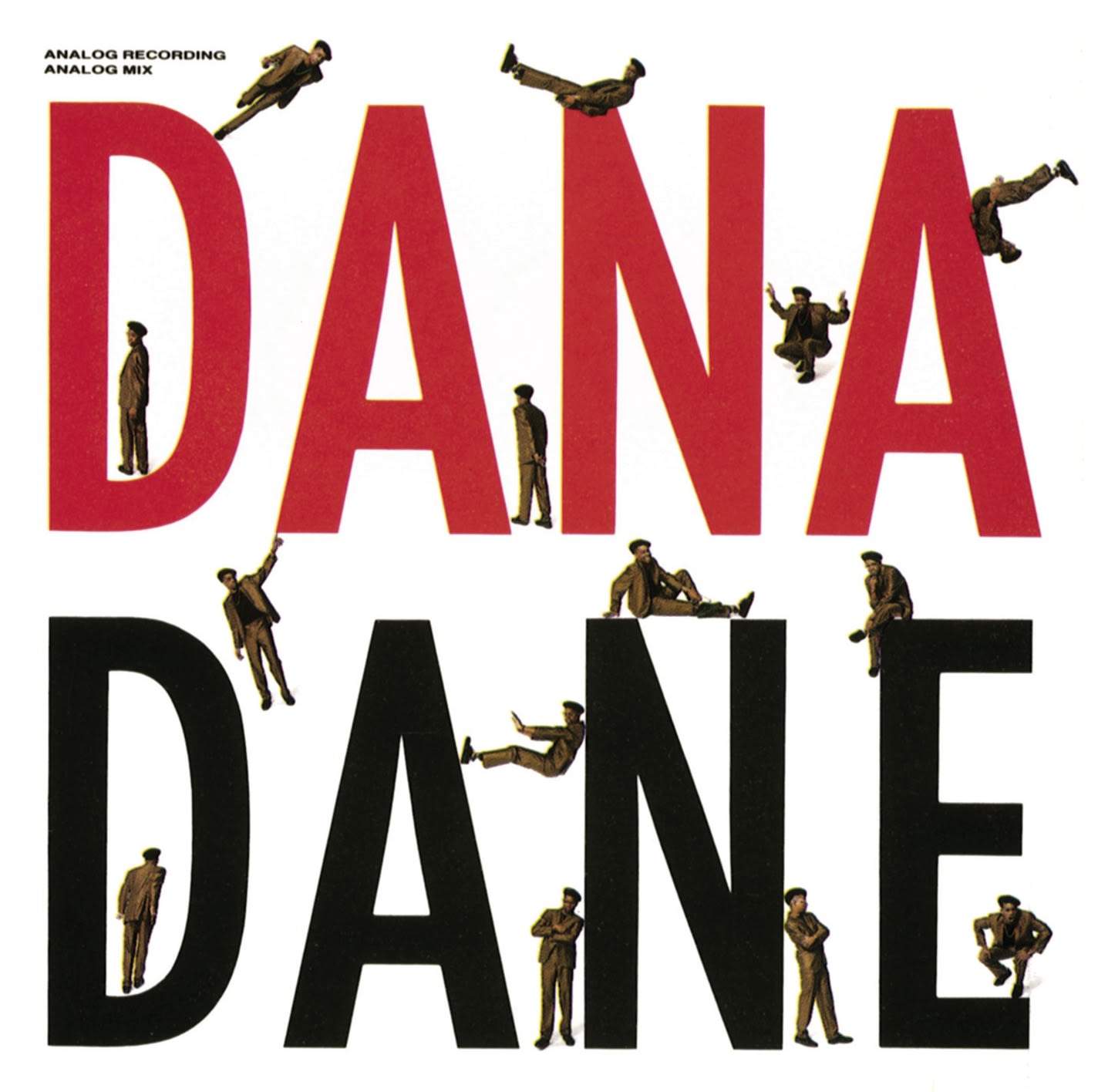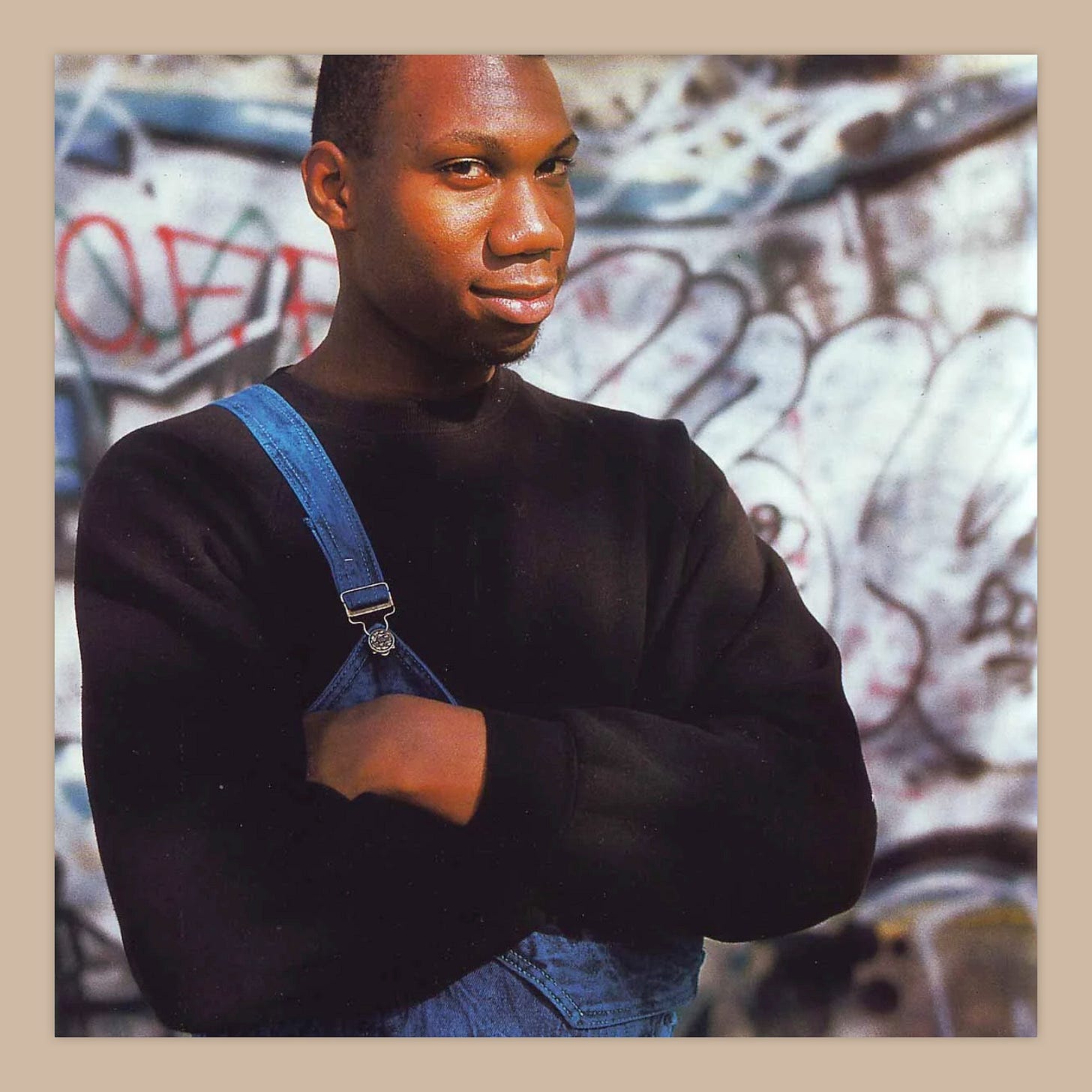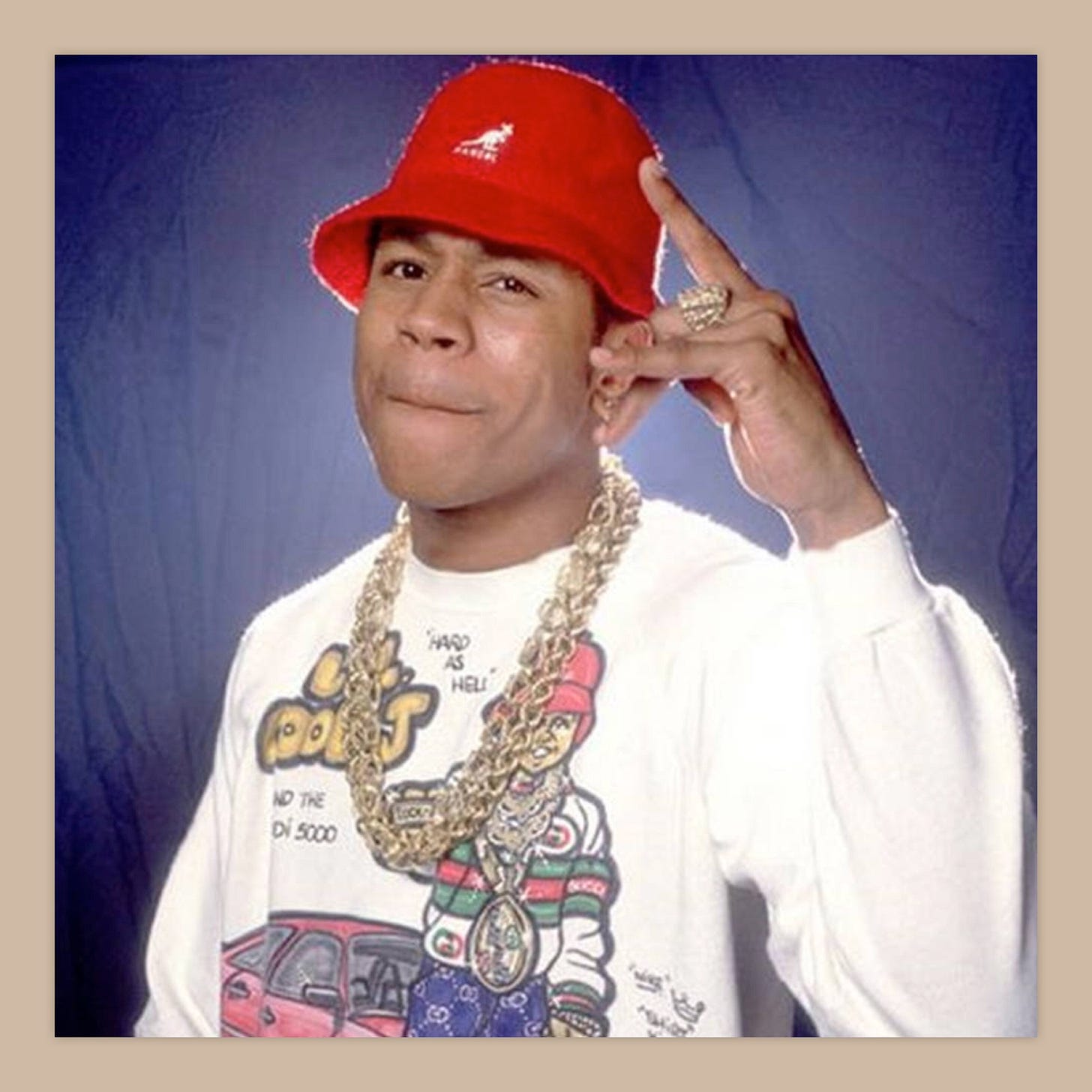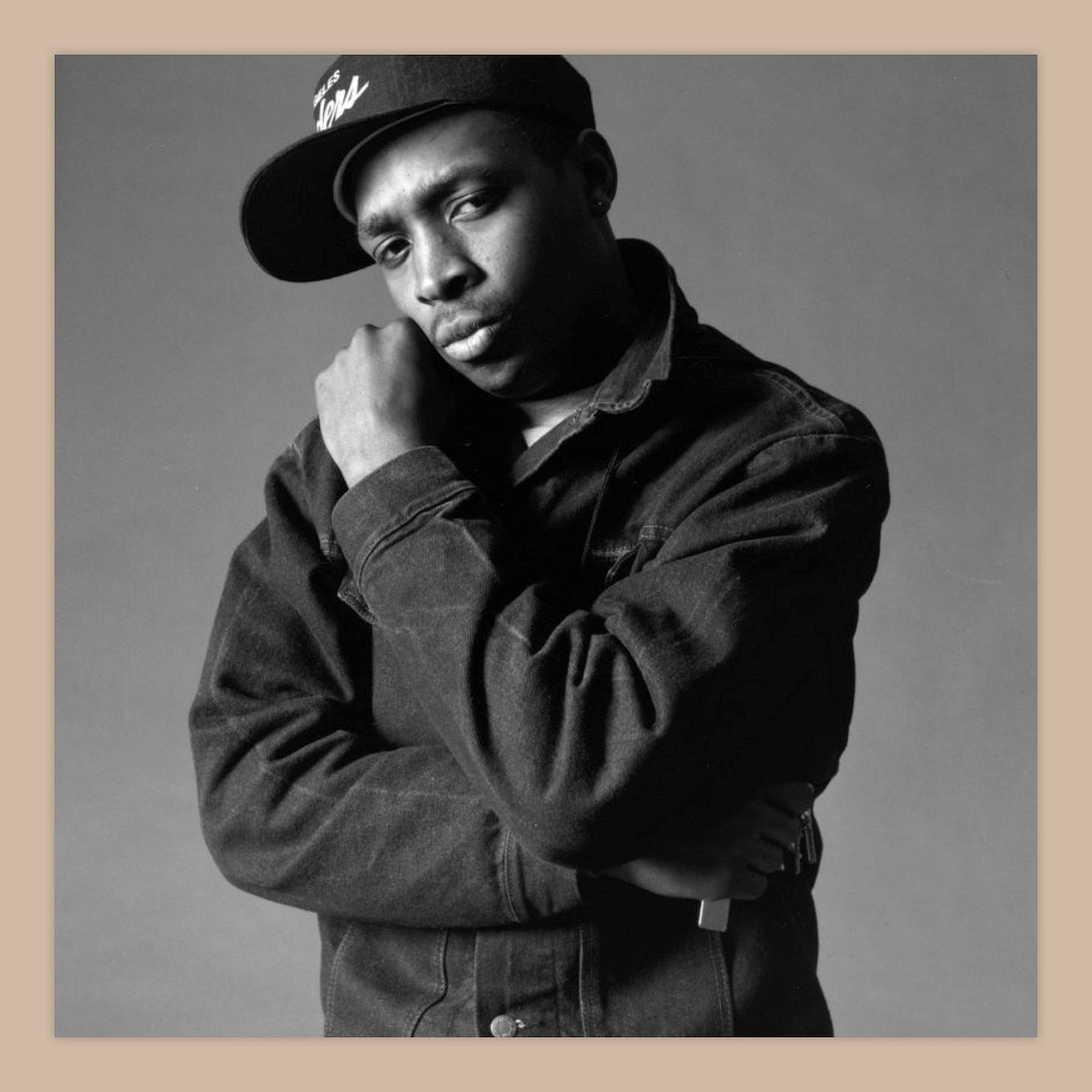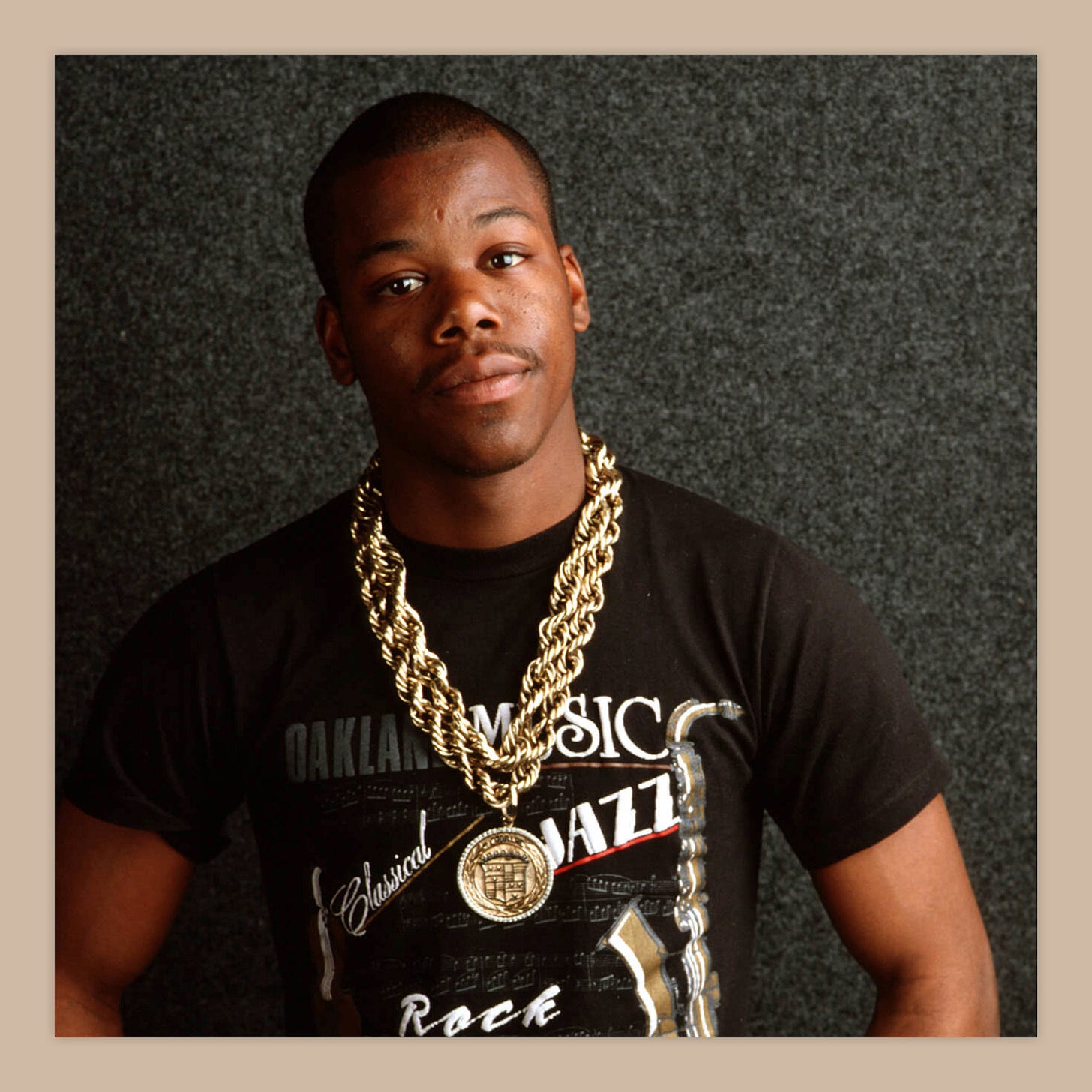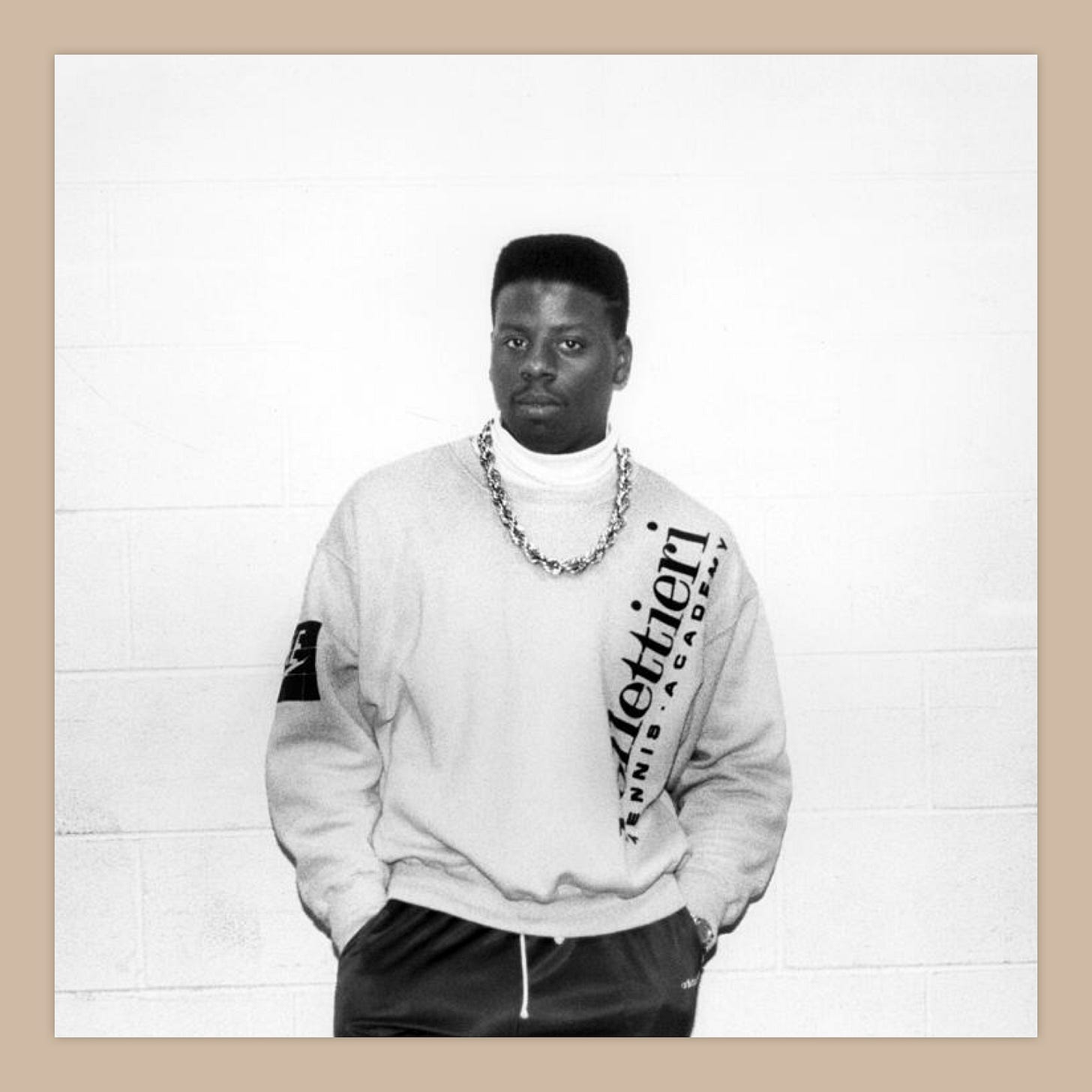1987: When Hip-Hop Broke its Mold
Explore the transformation of hip-hop in 1987, led by trailblazers like Rakim, Public Enemy, and BDP.
In 1987, hip-hop underwent pivotal artistic transformations establishing the foundation for its modern incarnation, though the full cultural revolution is often pegged to the following year. This innovative span witnessed 19-year-old Rakim elevating rapping itself to new heights of complexity. Pre-1987, hip-hop rhyme schemes were fairly simple, as evident through the straightforward styles of prior “Best Rapper Alive” titleholders like Melle Mel, Run, and LL Cool J. However, Rakim's intricate internal rhymes and advanced rhythmic delivery on his debut, Paid in Full, with producer Eric B. in 1987 heralded rap’s lyrical evolution, cementing him as the first undisputed Best Rapper Alive.
The sound of hip-hop had been largely defined by Def Jam founder Rick Rubin’s stripped-down, rock-heavy production style, which brought success to talents like LL Cool J and the Beastie Boys before crafting Run-DMC’s 1986 masterpiece Raising Hell. But as the year opened, hip-hop aesthetics expanded through two momentous debuts—Public Enemy’s Yo! Bum Rush the Show, unveiling The Bomb Squad’s chaotic, collage-like beats, and Boogie Down Productions’ Criminal Minded, which pioneered the East Coast boom-bap template via Ced Gee’s hard-hitting minimalism.
Beyond production innovations, Public Enemy and BDP’s most profound impact was bringing sociopolitical commentary to the forefront of hip-hop. Together, they advanced conscious rap through militant yet differing approaches—Public Enemy as outspoken pundits attacking racism and injustice with inner-city aggression, while BDP conveyed “ghetto politics” from a gritty street mentality compared to the Black Panthers. This substantive subject matter would shape hip-hop’s direction over the ensuing years, paving the way for N.W.A’s eventual gangsta rap explosion. In short, 1987 bore witness to stylistic transformations that pointed decisively toward hip-hop’s future.
Certified Classics of 1987
Criminal Minded — Boogie Down Productions
Criminal Minded pioneered the template for hardcore New York rap through KRS-One’s battle rhymes and street narratives, establishing him as an energetic, skilled MC, while Scott La Rock’s production melded Jamaican influence with hard breaks. Blending Five Percenter ideology with street tales formed the prototype for aggressive East Coast hip-hop.
Paid in Full — Eric B. & Rakim
Showcasing Rakim’s monumental leap forward in lyrical technique and delivery, Paid in Full became the gold standard for rap albums, as Rakim’s intricate internal rhymes and fluid rhythms over Eric B.’s jazz and funk-infused beats created enduring classics with breakthrough complexity.
Yo! Bum Rush the Show — Public Enemy
Public Enemy’s abrasive, politically charged debut Yo! Bum Rush the Show first showcased their firebrand aesthetic through Chuck D’s authoritative delivery and Bomb Squad’s dense, chaotic beats, setting the stage for their forthcoming masterpiece.
Bigger and Deffer — LL Cool J
LL Cool J cemented himself as hip-hop’s leading sex symbol on his more mature sophomore album Bigger and Deffer, balancing his lover man bravado and charisma with polished songcraft reflecting his mainstream crossover ambitions.
Rhyme Pays — Ice-T
Ice-T’s graphic gangsta narratives on his defiant solo debut Rhyme Pays forged a pioneering West Coast reality rap aesthetic, acting as protest music giving voice to marginalized urban experiences through his confrontational yet analytical perspective.
Born to Mack — Too $hort
Too $hort laid the groundwork for independent Southern California rap through his unapologetic, stripped-down pimp persona on Born to Mack, spinning sly rhymes over minimal old-school funk production.
Essential Albums of 1987
How Ya Like Me Now? — Kool Moe Dee
On his solo breakthrough, How Ya Like Me Now?, Kool Moe Dee sought to reclaim his prominence with complex rhyme patterns and battle raps aimed at LL Cool J over layered old-school beats, reestablishing his technical skills.
Lyrical King — T La Rock
T La Rock’s obscure debut Lyrical King is remembered for pioneering conscious rap on the rallying anthem “It’s Yours,” setting philosophical street rhymes over sparse 808s in a landmark effort to expand rap’s lyrical focus beyond partying.
Saturday Night! The Album — Schoolly D
As gangsta rap’s forefather, Schoolly D spearheaded unapologetic, gritty street tales on his crude debut Saturday Night! The Album, spinning graphic rhymes reflecting the brutal realities of his Philadelphia stomping grounds.
Dana Dane with Fame — Dana Dane
On his laidback debut Dana Dane with Fame, Dana Dane utilized clever flows and colorful, humorous storytelling referencing old cinema and literature to portray his Brooklyn upbringing with upbeat nostalgia.
Pinnacle Rappers in 1987
Rakim
With Paid in Full, Rakim revolutionized rap’s technical dimensions through his pioneering use of internal rhymes, alliteration, and lyrical rhythms, exhibiting groundbreaking stylistic intricacy. His acclaimed debut showcased him fluidly mapping multisyllabic rhyme patterns onto complex meters, easily transitioning from intellectual boasts to street sagas. Through novel lyrical techniques and delivery mastery, Rakim crystallized modern rapping's technical era, etching enduring classics and cementing his status as hip-hop’s first undisputed Best Rapper Alive. Paid in Full’s release remains a definitive moment when rapping evolved into an elevated art form, immortalizing Rakim’s impact on genres.
KRS-One
As the mastermind of Boogie Down Productions, KRS-One pioneered hardcore East Coast rap through his commanding presence on Criminal Minded, merging battle rhymes, socially-conscious themes, and gritty narratives into an aggressive, stripped-down style. His energetic delivery and conceptual focus drove BDP’s prototypes for raw New York hip-hop, conflating Five Percenter ideology with depictions of street volatility. KRS forged an influential template for combative yet substantive rhymes still shaping the landscape, helping plant seeds for conscious gangsta rap’s evolution.
LL Cool J
On his assertive sophomore LP Bigger and Deffer, LL Cool J cemented his preeminence as hip-hop's leading sex symbol, conveying his signature bravado and confidence through charismatic vocals and mainstream-ready production. Balancing rugged boom-bap with pop crossover ambitions, LL expanded his persona with mature depth, chronicling stories of lust, vulnerability, and self-determination. Cuts like “I’m Bad” built on early hits, while the landmark radio single “I Need Love” pivoted to romance, expanding his versatility. Bigger and Deffer affirmed LL’s dominance, solidifying his superstardom and paving the way for rap’s increased mainstream visibility.
Breakout Stars of 1987
Chuck D
As Public Enemy’s frontman, Chuck D spearheaded politically-charged rap’s rise on their incendiary debut Yo! Bum Rush the Show conveys militant social critiques through his authoritative baritone delivery and commanding stage presence. Backed by Bomb Squad’s chaotic production, Chuck D pioneered protest music giving marginalized urban voices a platform, attacking systemic issues like racism and inequality with knowledge and rhetorical force. The LP forged Chuck D’s identity as hip-hop’s most outspoken activist, setting the stage for Public Enemy's coming masterpiece and cementing Chuck D’s status as a leader.
Too $hort
Too $hort cultivated an unapologetic, stripped-down West Coast pimp persona on his indie debut Born to Mack, spinning sly rhymes and mischievous narratives over minimal funk backdrops. Short Dawg laid the groundwork for Southern California’s reality rap aesthetic, pioneering an inimitable regional style.
Schoolly D
As gangsta rap’s forefather, Schoolly D crafted graphic street tales on his abrasive debut Saturday Night!, pioneering unfiltered depictions of violence and vice in his native Philadelphia. Schoolly D’s crude delivery and menacing narratives defined gangsta rap's abrasive beginnings, reflecting urban chaos without affectation or moralizing. Saturday Night! captured the genesis of hardcore rap’s grim realism and controversy, shaping the subgenre Schoolly D spawned.


